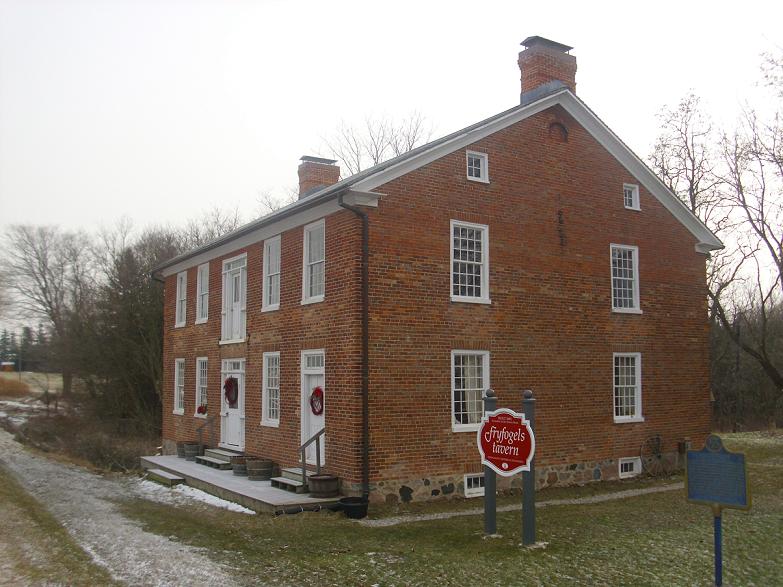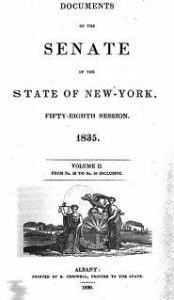And just in time for Christmas…
Normally, one would not like a cease and desist letter claiming that one had breached someones intellectual property rights. I mean we as bloggers are supposed to get all hot and bothered about these things, right? We’re living in the post-legal mash up paradise promised by the Boingsters back when blogs were new, right?? Well, that all came crumbling down yesterday when the following love letter popped into my inbox:
The undersigned declares under penalty of perjury that I am authorized to act on behalf of the above referenced author, the owner of copyright in the Intellectual Property, and Hachette Book Group, Inc., the exclusive US publisher of the Intellectual Property, including without limitation, the cover and other art incorporated therein (collectively, the “IP Owner”). I have a good faith belief that the materials identified below are not authorized by the IP Owner, her agent, or the law and therefore infringe the IP Owner’s rights according to federal and state law. Accordingly, we hereby demand that you immediately remove and/or disable access of the infringing material identified below.
Frig, said I. I am a lawyer. I know when the jig is up. For a second, it was like the ending of “The Public Enemy” and I was Jimmy Cagney. But when I looked at the link I knew what was going on. See, six years ago, I posted about how great it was that I had found the text to a 1987 article in The Atlantic magazine called “A Glass of Handmade” by William Least Heat Moon, a bit of writing that was my introduction to thinking about good beer. And I tucked away a copy of the text in the articles section of this blog because I was sure it was fluke that I had found it and that I would never find it again, assuming all copies of that issue had long been sent to the dump or lodged in the back of a barbershop I would never visit. Flash forward six years and, once I realized what was going on, I removed the article from public view and, just like that, me and the lawyers at Hachette Book Group were at peace. In fact, they were quite nice about it and let me know what is going on and it is good news:
Thanks for removing the essay from your site. We appreciate it! And, yes, it is included in Here, There, Elsewhere which comes out on January 8th.
So, now no need to have the article squirreled away from fear it would disappear from knowledge. You can get your own copy of Here, There, Elsewhere: Stories from the Road by William Least Heat-Moon on discounted pre-order from Amazon right now. A little late for Christmas but as important an essay on early US craft beer as there is. I can’t encourage you to get your own copy enough.
And I can confirm that this endorsement is not part of any legal settlement!







 Remember
Remember 

